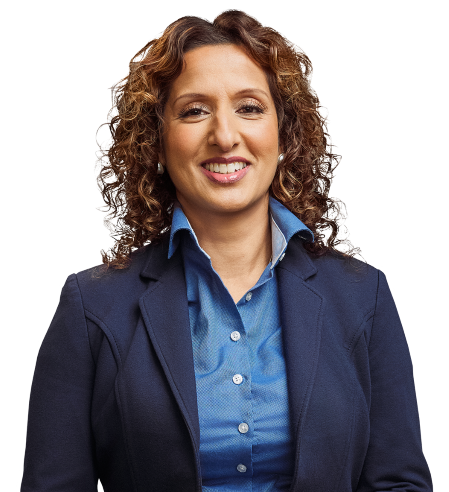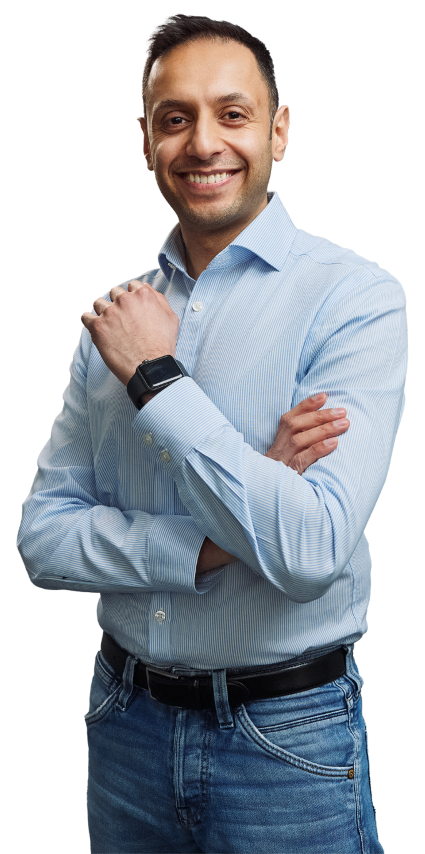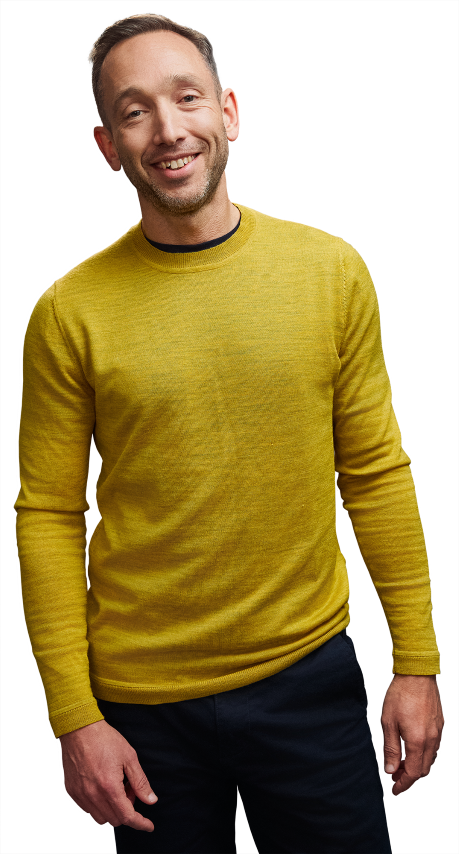Your journey begins here
Now for the exciting bit – pulling your application together to apply for a job with us. Here you’ll find some tips to write a standout CV and to set you up for success in your interview.
Now for the exciting bit – pulling your application together to apply for a job with us. Here you’ll find some tips to write a standout CV and to set you up for success in your interview.

Applying for all our roles starts with an online application – so just upload your CV, add a few personal details, and click submit to apply!
Then, here’s what to expect:
Our Talent Acquisition team and hiring manager will assess your application and we’ll get back to you as soon as possible. Check out our CV writing tips before you apply to give you the best chance of success.
CV writing tipsIf shortlisted, we'll invite you to an interview which may be virtual, by phone, or in person. We'll guide you through each stage, and because we want you to succeed, we'll share our behavioural questions with you in advance.
How to ace your interviewWe know applying for jobs takes time. That’s why we offer personal feedback after you’ve attended an interview. Unfortunately, due to the high volumes of applications we get, if you’re not shortlisted for an interview, we're unable to provide feedback.
If you get the job, we’ll give you a call to let you know. We’ll talk you through the salary, benefits, answer any questions that you have and discuss next steps. We understand that accepting and starting a new job is a big decision, and we’re here to support you along the way.
Once you’ve verbally accepted, we’ll send you an online offer and a link for you to provide us with the information we need to complete your pre-employment checks. These will include but are not limited to a credit check, financial crime check and employment references.
Your CV is your first chance to make a great impression. It shows how your skills and experience match up to the job you’ve applied for.

We want you to succeed in your interview, so here's some advice on what to expect and how to prepare.
Some of our roles start with a telephone or virtual (Teams) interview with one of the Talent Acquisition team or a hiring manager.
They’ll be asking questions about your application with technical role related questions to highlight your skills and experience and your motivations for wanting to work for us
They’ll also tell you what life's like here as well as give you a chance to ask any questions you may have. After this, we’ll have a great idea of how your skills and experience match the vacancy. Make sure you’re in a quiet place before your interview, with no distractions. Check you have strong signal/wifi and a clear background or filter if you are having a virtual interview.
In most cases, you’ll be invited to attend a face-to-face interview giving you the chance to get a feel for our working environment and culture.
The interview consists of competency questions against each of our behaviours and technical questions. These are designed to assess your skills and behaviours evidenced in past roles that you’ll need to perform the job.
You can expect two people to attend your interview – the hiring manager and a person from the team, or key stakeholder. One person will lead the interview and the other will ask follow-up questions and capture detailed notes.

Our behaviours are an integral part of who we are and how we operate. They guide the decisions we make and direct how we deliver in our roles.
You’ll be asked interview questions against each behaviour, so here’s an overview of what they are. Before an interview, it’s worth thinking about how you’ve demonstrated these in the past.

is... searching out expertise from different perspectives in the business, looking outside for insight and inspiration

is... doing the things that will make the biggest difference, always doing the right thing for our members and society

is... making the call rather than passing it up. Creating solutions to blockers or barriers.

is... facing into difficult conversations and celebrating great work.
Department: People
Location: Head Office - Sovereign Street (Leeds)
Department: Customer
Location: Sale
Department: Commercial
Location: Cobalt Office (Newcastle upon Tyne)
Department: Commercial
Location: Cobalt Office (Newcastle upon Tyne)
Department: Finance
Location: Head Office - Sovereign Street (Leeds)
Department: Customer
Location: Hull
Department: Customer
Location: Bournemouth
Department: Finance
Location: Head Office - Sovereign Street (Leeds)
Department: Commercial
Location: Home Based Role